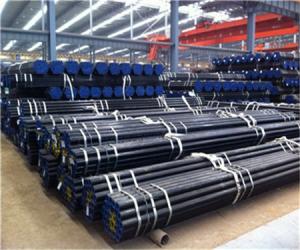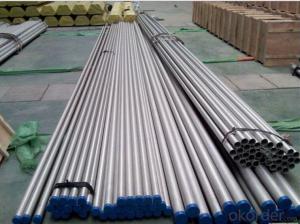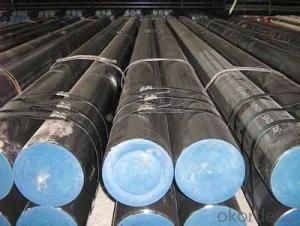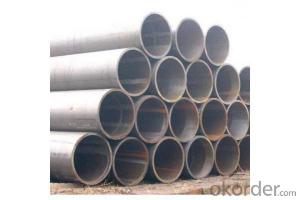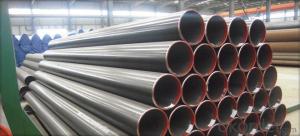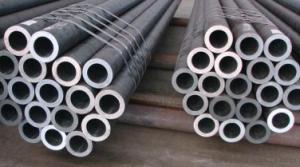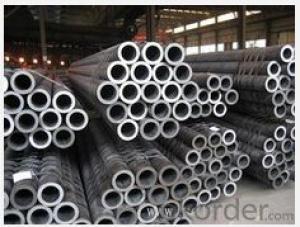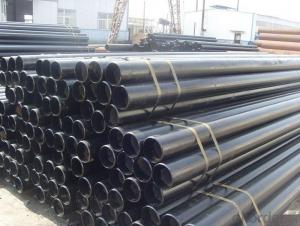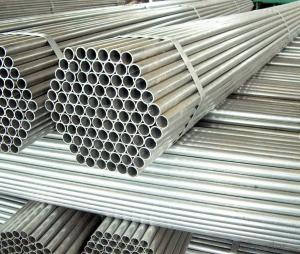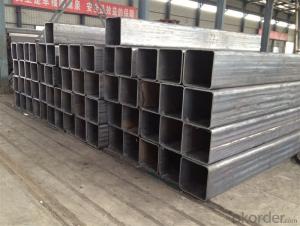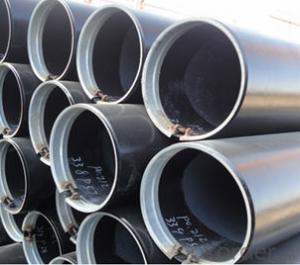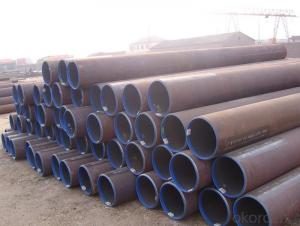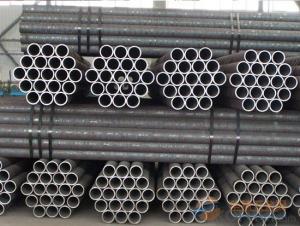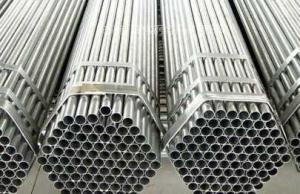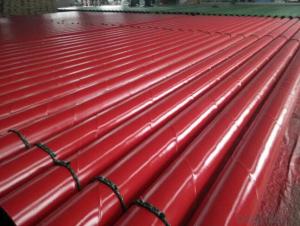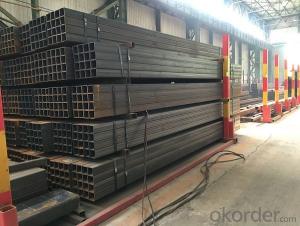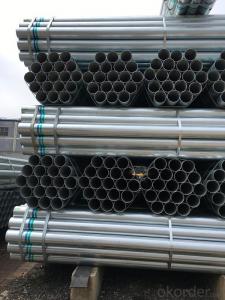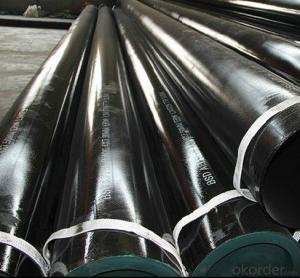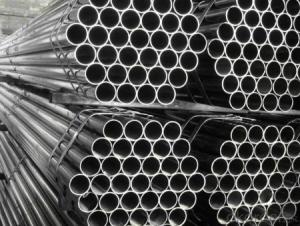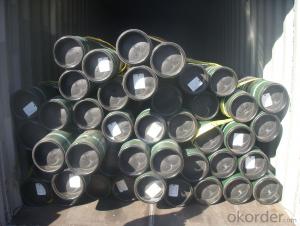All Categories
- - Steel Wire Rod
- - Steel Coils
- - Steel Profiles
- - Steel Pipes
- - Stainless Steel
- - Tinplate
- - Special Steel
- - Steel Sheets
- - Steel Rebars
- - Steel Strips
- - Hot Rolled Steel
- - Cold Rolled Steel
- - Pre-painted Steel
- - Seamless Steel Pipe
- - Welded Steel Pipe
- - Hollow Steel Tubes
- - Galvanized Pipe
- - Stainless Steel Coil
- - Stainless Steel Sheet
- - Stainless Steel Plate
- - Stainless Steel Strips
- - Electrolytic Tinplate Coil
- - Electrolytic Tinplate Sheet
- - Stainless Steel Rebars
- - Solar Panels
- - Solar Water Heater
- - Solar Related Products
- - Solar Inverter
- - Solar Cells
- - Solar Light
- - Solar Energy Systems
- - Solar Controllers
- - Solar Mounting System
- - Solar Pump
- - Solar Chargers
- - Fiberglass Chopped Strand
- - Fiberglass Mesh Cloth
- - Composite Pipes
- - FRP Pultrusion Profiles
- - Fiberglass Mat Tissue
- - Fiberglass Fabrics
- - Fiberglass Mesh
- - Composite Tank
- - Fiberglass Mesh tape
- - Polymer
- - FRP Roofing Panel
- - Fiberglass Roving
- - Monolithic Refractories
- - Ceramic Fiber Products
- - Refractory Bricks
- - Raw Materials For Refractory
- - Suspended Platform
- - Cranes
- - Concrete Machinery
- - Earthmoving Machinery
- - Building Hoist
- - Road Building Machinery
- - Plastic Pipe Fittings
- - Plastic Tubes
- - Plastic Sheets
- - Agricultural Plastic Products
- - Plastic Nets
 All Categories
All Categories
Q & A
What is the impact of temperature fluctuations on the stress and expansion of steel pipes in HVAC systems?
Temperature fluctuations can have a significant impact on the stress and expansion of steel pipes in HVAC systems. Steel pipes are susceptible to thermal expansion and contraction, meaning they expand with higher temperatures and contract with lower temperatures. These fluctuations in temperature can lead to stress and strain on the pipes, potentially causing them to warp, buckle, or even crack. It is crucial to consider these effects when designing and installing HVAC systems to ensure proper insulation and allowance for expansion, minimizing the risk of damage and maintaining optimal performance.
How does the choice of steel pipe material impact its performance in high-pressure hydraulic systems?
The choice of steel pipe material significantly impacts the performance of high-pressure hydraulic systems. The right material selection ensures durability, resistance to corrosion, and the ability to withstand the immense pressure generated by the system. Steel pipes with high tensile strength and superior hardness provide the necessary structural integrity to prevent leakage or failure under high pressure conditions. Additionally, the proper material selection minimizes the risk of fatigue and ensures the longevity of the hydraulic system, resulting in improved overall performance and reliability.
What is the impact of changes in soil moisture content on the stability of buried steel pipelines?
Changes in soil moisture content can have a significant impact on the stability of buried steel pipelines. When moisture levels increase, the soil surrounding the pipeline becomes saturated, leading to a decrease in soil strength and an increase in pore water pressure. This can result in soil movement and settlement, which can cause the pipeline to become unstable and potentially lead to structural failure or leaks. On the other hand, a decrease in soil moisture content can lead to soil shrinkage and consolidation, which can also affect the stability of the pipeline. Therefore, monitoring and managing soil moisture levels is crucial to ensure the long-term stability and integrity of buried steel pipelines.
What are the applications of schedule 40 steel pipes?
Schedule 40 steel pipes are commonly used in various applications such as water and gas distribution, plumbing systems, HVAC (heating, ventilation, and air conditioning), fire protection, industrial processes, and structural support.
Wholesale Steel Pipes from supplier in Palau
Whether you are looking for seamless steel pipes, welded steel pipes, or specialized steel pipe products such as API 5L line pipes or ASTM A53/A106/A333 pipes, we have you covered. Our team of experts will work closely with you to understand your specific requirements and recommend the most suitable steel pipe products for your projects.
In addition to our wide range of steel pipe products, we also offer value-added services such as cutting, threading, galvanizing, and coating. Our technical support team is always available to assist you with any inquiries or issues you may have, ensuring a seamless and efficient procurement process.
As a subsidiary of CNBM, a Fortune Global 500 company, we have access to a vast network of suppliers and resources, allowing us to offer competitive pricing and high-quality products. We adhere to strict quality control measures to ensure that all our steel pipe products meet international standards and customer specifications.
We understand the importance of timely delivery and will work closely with our logistics partners to ensure that your steel pipe products are delivered to your location in Palau on time and in perfect condition.
Whether you are working on a small-scale project or a large infrastructure development, we are committed to providing you with the best solutions and support for your steel pipe needs in Palau. Contact us today to discuss your requirements and let us be your trusted partner in the steel pipe industry.
In addition to our wide range of steel pipe products, we also offer value-added services such as cutting, threading, galvanizing, and coating. Our technical support team is always available to assist you with any inquiries or issues you may have, ensuring a seamless and efficient procurement process.
As a subsidiary of CNBM, a Fortune Global 500 company, we have access to a vast network of suppliers and resources, allowing us to offer competitive pricing and high-quality products. We adhere to strict quality control measures to ensure that all our steel pipe products meet international standards and customer specifications.
We understand the importance of timely delivery and will work closely with our logistics partners to ensure that your steel pipe products are delivered to your location in Palau on time and in perfect condition.
Whether you are working on a small-scale project or a large infrastructure development, we are committed to providing you with the best solutions and support for your steel pipe needs in Palau. Contact us today to discuss your requirements and let us be your trusted partner in the steel pipe industry.
